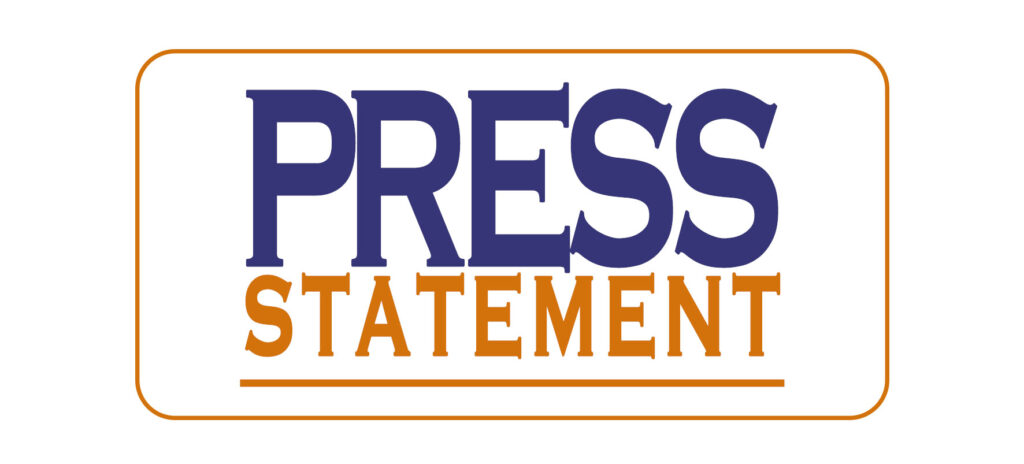
We at the Strategic Initiative for the Women in the Horn of Africa (SIHA) Network express profound concern about the escalating incidence of domestic violence in Somalia.
According to the 2020 Somalia Health and Demographic Survey, Gender Based Violence (GBV) remains a prevalent human rights violation faced by Somali women and girls, with 35 percent of ever-married women aged 15 to 49 reporting physical injuries inflicted by their husbands, over half of whom sustained severe injuries. The prevalence of Female Genital Mutilation (FGM), a form of Violence Against Women and Girls (VAW/G), among women aged 15-49 is alarmingly high at 99.2%.
Findings from the Gender-Based Violence Information Management System (GBVIMS) in 2023, as cited in the Somalia 2024 Humanitarian Needs and Response Plan, indicate a disturbing increase in rape and domestic violence prevalence, which rose from an estimated 37% in 2022 to 52% in 2023, while rape increased from 11% in 2022 to 15% in 2023. Since the beginning of 2024, Somalia has witnessed a troubling rise in domestic violence, emphasizing the necessity for collective action to confront this humanitarian crisis. For example, as reported by The Guardian in February 2024, three women were tragically killed by their spouses within a single week, with two of them being pregnant.
The Somalia 2024 Humanitarian Needs and Response Plan also acknowledges that the increased prevalence of rape and domestic violence particularly impacts female-headed households. These violations are rooted in conflict, gender inequalities, prolonged humanitarian crises, inter-clan conflicts, and the fragile security situation. Traditional gender roles and cultural norms and the absence of a comprehensive legal framework further exacerbate the situation, leaving women and girls unprotected.
While the Somali Penal Code stipulates imprisonment ranging from 5 to 15 years for rape, there exists a gap in federal legislation addressing spousal violence. In 2018, the Sexual Offences Bill, which aimed to establish a legal framework for combating sexual and gender-based violence (SGBV) in Somalia, was initiated. However, as of June 2021, the bill has yet to be passed by the federal government.
In 2020, the introduction of the ‘Sexual Intercourse Related Crimes Bill was met with criticism for its potential negative impact on survivors of SGBV, though it awaits approval. In 2016, Puntland authorities enacted the first Sexual Offences Law in the region, extending criminalization to a wider range of offences. Regrettably, this legislation remains largely unenforced. Somaliland similarly ratified a Sexual Offences Bill in 2018, yet implementation remains pending.
Society must approach these issues with empathy and urgency, offering support and protection to those affected. The tragic case of Lul Abdi Aziz, a 28-year-old pregnant mother of 6, who was set ablaze by her husband with her children in the next room in February 2024, serves as a poignant example of femicide, highlighting the dire consequences of domestic violence.
The escalation of violence and femicide also underscores the urgent need for immediate attention from both the Government of Somalia and various Federal Member States because the continued perpetuation of violence against women and girls impedes peace and inflicts lasting damage on families and communities since survivors and their loved ones endure trauma and loss with enduring psychological and emotional repercussions. On the other hand, children exposed to or experiencing domestic violence are at heightened risk of developing behavioural and emotional issues. Additionally, the pervasive fear and insecurity stemming from such violence create a cycle of abuse across generations.
Recommendations
- For the Government of Somalia to pass and enact the Sexual Offences Bill and strengthen legal frameworks to protect women and girls and bring the perpetrators to justice.
- For civil society organisations to provide comprehensive support services for survivors, including access to shelter, counselling, and legal assistance.
- For the Government of Somalia and the international community to invest in programs that empower women and girls economically and socially, reducing their vulnerability to violence.
- For the wider Somali community to promote gender equality and challenge harmful gender stereotypes through education and awareness-raising initiatives.
- For the religious leaders to conduct seminars and media campaigns, specifically targeting men/traditional elders, including topics such as the negative effects and consequences of VAW/G.
- For stakeholders across multiple platforms, including government agencies, civil society organizations, and community leaders, to develop collaborative partnerships that seek to stem the tide of domestic violence and femicide in Somalia, ensuring that women are centred within the planning and development of initiatives to end these forms of gendered violence.
